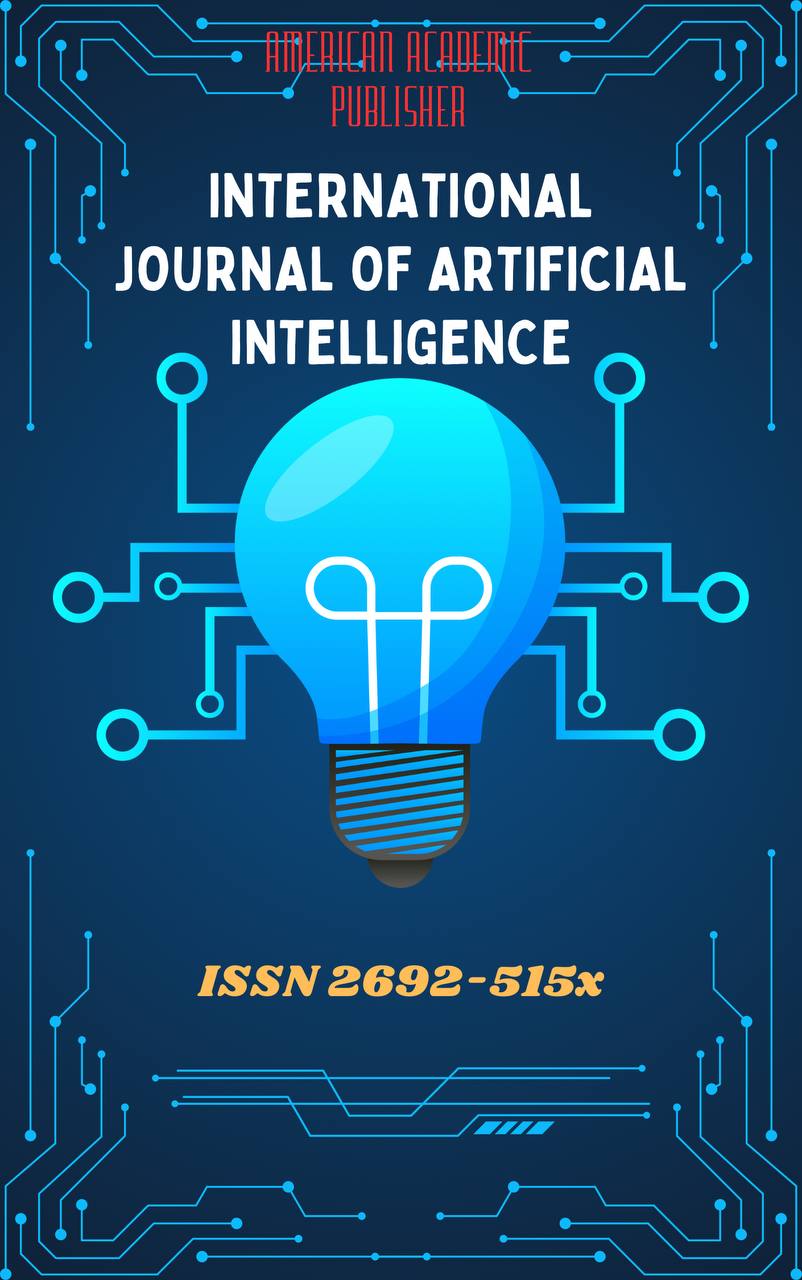 Articles
| Open Access |
Articles
| Open Access | INNOVATIVE PEDAGOGICAL TECHNOLOGIES IN TEACHING MEDIA LITERACY AT MEDICAL UNIVERSITIES
Yunusov Ilkhomjon Yusupovich , Department of Biologic Physics, Information science, Medical Technologies Andijan State Medical InstituteAbstract
In the modern digital age, medical students and professionals are constantly exposed to a vast and often unregulated flow of health-related information through various media channels. The ability to critically evaluate, synthesize, and responsibly communicate this information—a skill known as media literacy—is now a core competency for future healthcare providers. This paper examines the critical need for integrating media literacy into the curricula of medical universities and proposes a framework of innovative pedagogical technologies to achieve this goal. Through a structured review of existing literature, we identify key challenges, such as the spread of medical misinformation and patient-doctor communication barriers. We then present and discuss several innovative educational strategies, including case-based learning using multimedia, simulation-based training, and gamified learning platforms, which can effectively enhance media literacy skills. The findings suggest that a proactive and technology-driven approach to teaching media literacy is essential for preparing competent and ethically responsible medical graduates. The paper concludes with specific recommendations for implementing these pedagogical technologies to ensure that future physicians are not only clinically proficient but also media-savvy and capable of guiding their patients through the complex digital health landscape.
Keywords
Medical education, media literacy, pedagogical technology, health communication, misinformation, innovation, curriculum development, digital health
References
Adams, J. C. (2018). The role of media literacy in a health crisis. Journal of Medical Education Research, 12(4), 189-201.
Carter, B. L., & Patel, D. A. (2019). Gamification in Health Professions Education: Theory and Practice. Health Science Publishing.
Fischer, L., & Chen, J. K. (2020). Digital simulations for communication training in medicine. Simulation in Healthcare, 15(2), 78-85.
Pew Research Center. (2017). The Internet as a Source of Health Information. Washington, D.C.: Pew Research Center.
Rodriguez, M. A., & Kim, H. S. (2021). Media literacy as a core skill for modern physicians. New England Journal of Medicine, 385(11), 999-1002.
Smith, R. (2016). The Impact of Misinformation on Patient Outcomes: A Case-Based Approach. Academic Press.
Article Statistics
Downloads
Copyright License

This work is licensed under a Creative Commons Attribution 4.0 International License.
